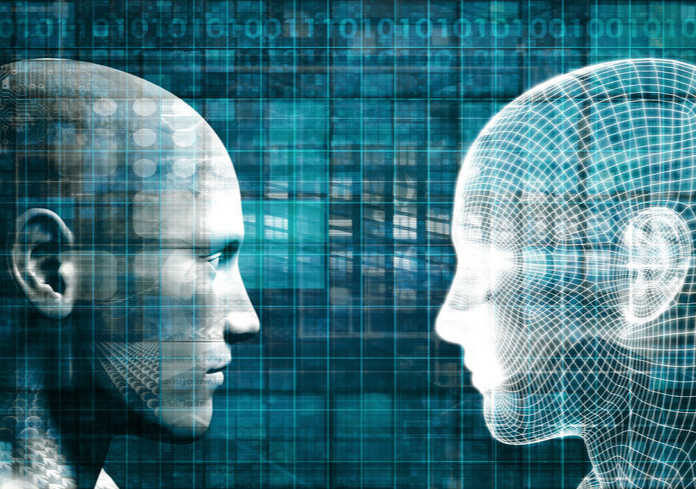
Artificial intelligence has been getting – to say the least – a lot of attention lately, especially when it comes to its impact on the workforce. But although employers are falling all over themselves to adopt advanced solutions, it’s still not clear how those efforts will turn out. That uncertainty has put employees on edge.
It doesn’t help that many of them are in the dark. Research from Qualtrics found nearly 60% of employees say their company either doesn’t have a policy on using AI or they aren’t aware of one, leaving them to try to figure out what is or isn’t allowed.
Qualtrics found that executives are looking forward to the potential impact of AI, with 64% characterizing the technology as exciting. On the other hand, only 39% of individual contributors would characterize the potential impact of AI in the same way. In fact, they’re more likely to say AI is scary (46%). That compares to 30% of executives.
Two-thirds of executives expect AI to have a positive impact on the overall employee experience, but only 35% of individual contributors agree. Nearly a third (31%) of individual contributors say AI will have a negative effect.
ChatGPT attracted users at an unprecedented rate as people signed up to explore its potential. That speed has led to challenges for business leaders who are racing to understand how their organizations can take advantage of AI, Qualtrics said. An example: using AI to fix inefficient processes and technology can relieve symptoms of employee burnout.
“The excitement among executives about AI is not surprising given the promise of more efficiency, but the concerns of employees are also well founded,” said Qualtrics Chief Workplace Psychologist Dr. Benjamin Granger. “Organizational leaders would be wise to remember that at their roots, organizations are simply groups of people and the bigger promise of AI is to help people be happier, healthier and more productive at work – outcomes that benefit everyone.”
Increased Expectations
Employees say AI technology can have a positive impact in areas surrounding productivity, including automating routine tasks so workers can focus on more complex work. They also see it enabling faster and more advanced data analysis.
With AI handling repetitive tasks, workers believe they will be expected to be more productive. In fact, 30% of executives say integrating AI into the workplace will significantly raise expectations for employee productivity.
The biggest concerns workers have regards the possibility of losing the human element of work. Fifty-five percent highlight this as a potential negative effect. Meanwhile, 52% worry about workers losing their critical thinking skills.
As far as employees go, AI’s replacing jobs entirely is the worst-case scenario. More than two-thirds (68%) believe that some jobs are at risk because of AI, while 23% are worried about their own.
Image: 123RF













